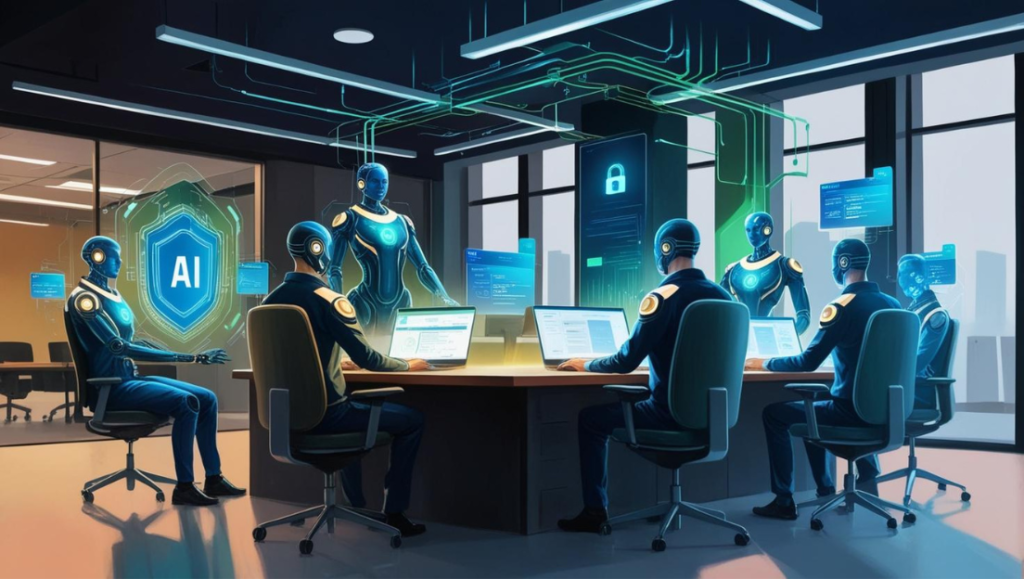A month ago, we posted an article suggesting that cybersecurity paves the way to a future-proof career. With so many jobs taken away by AI, that seems like a pretty bold claim. For instance, not long before our article was published, Google had already announced that its AI tool, Big Sleep, uncovered a zero-day vulnerability.
For those unfamiliar with the term, zero-day vulnerabilities, or “zero-days”, are software vulnerabilities that are discovered by people other than the software’s developers. While many zero-days are identified by legitimate cybersecurity researchers, some are found by malicious actors. When this happens, these vulnerabilities are likely to be exploited.
Various attack vectors, especially malware infections, take advantage of zero-days to compromise systems. Since software vendors are usually unaware until after the exploit is carried out, zero-day attacks are typically successful and can go undetected for long periods. This gives attackers ample time to carry out nefarious acts and inflict significant damage.
As AI continues to advance, its ability to discover zero-days at an unprecedented pace can be a game changer in vulnerability management—a critical area of cybersecurity. Software vendors can leverage that capability to dramatically reduce vulnerabilities in their developed systems and applications.
Doesn’t that imply that the role of cybersecurity professionals might be diminishing? If AI tools like Big Sleep can identify vulnerabilities faster, more accurately, and at a scale far beyond human capabilities, it raises questions about the long-term demand for human security researchers.

Automated systems can scan millions of lines of code, detect weaknesses, and even suggest fixes in a fraction of the time it would take a human. This seemingly reduces the need for, say, application security engineers, to carry out manual vulnerability assessments or even penetration testing.
Moreover, with AI-driven solutions becoming more accessible and integrated into off-the-shelf security platforms, businesses might lean toward these cost-effective, automated tools rather than investing in expensive, human-driven cybersecurity services. The allure of AI’s efficiency and cost savings could create the perception that cybersecurity professionals are less essential, relegating their role to oversight or secondary tasks.
That being said, this perspective overlooks critical aspects of cybersecurity that AI cannot handle alone. While AI excels at detecting patterns and automating repetitive tasks, it lacks the intuition, creativity, and ethical judgment that human professionals bring to the table. For example:
1. Human Ingenuity in Complex Threat Scenarios:
Cyberattacks are becoming increasingly sophisticated, often combining technical exploits with social engineering tactics. AI might detect anomalies, but understanding and countering the human element of such attacks requires intuition, experience, and critical thinking—traits only humans possess.
2. Interpretation and Decision-Making:
AI can flag potential vulnerabilities or unusual behavior, but it takes human expertise to assess the severity, context, and potential impact of a threat. For instance, SOC analysts are needed to decide on the appropriate response and weigh trade-offs in risk management.
3. Ethical Oversight:
As AI tools are employed in cybersecurity, there’s a growing need for humans to audit and monitor these systems to prevent misuse or unintended consequences. If you’ve been using ChatGPT, Gemini, and other generative AI tools, you know that they tend to generate hallucinations from time to time. Without human oversight, AI could be manipulated or make critical errors.
4. Adaptability to Emerging Threats:
Cybercriminals are also leveraging AI to create novel attacks that evade detection. Human cybersecurity experts are essential for anticipating and countering these threats by thinking outside the box and developing strategies that aren’t solely reliant on automation.
5. Strategic Planning and Collaboration:
Cybersecurity isn’t purely composed of technical fixes. It also consists of comprehensive strategies, collaboration, and member participation. These are areas where humans excel and AI cannot fully replace them.
In essence, while AI may diminish the need for repetitive, manual tasks in cybersecurity, it enhances the value of human professionals by allowing them to focus on higher-level problem-solving and strategic roles. Rather than replacing cybersecurity experts, AI acts as a powerful tool that, when combined with human expertise, creates a more robust defense against the ever-evolving threat landscape.
Thus, the future of cybersecurity remains bright—not because professionals will do the same work as today, but because their role will evolve to meet the demands of an AI-driven era.